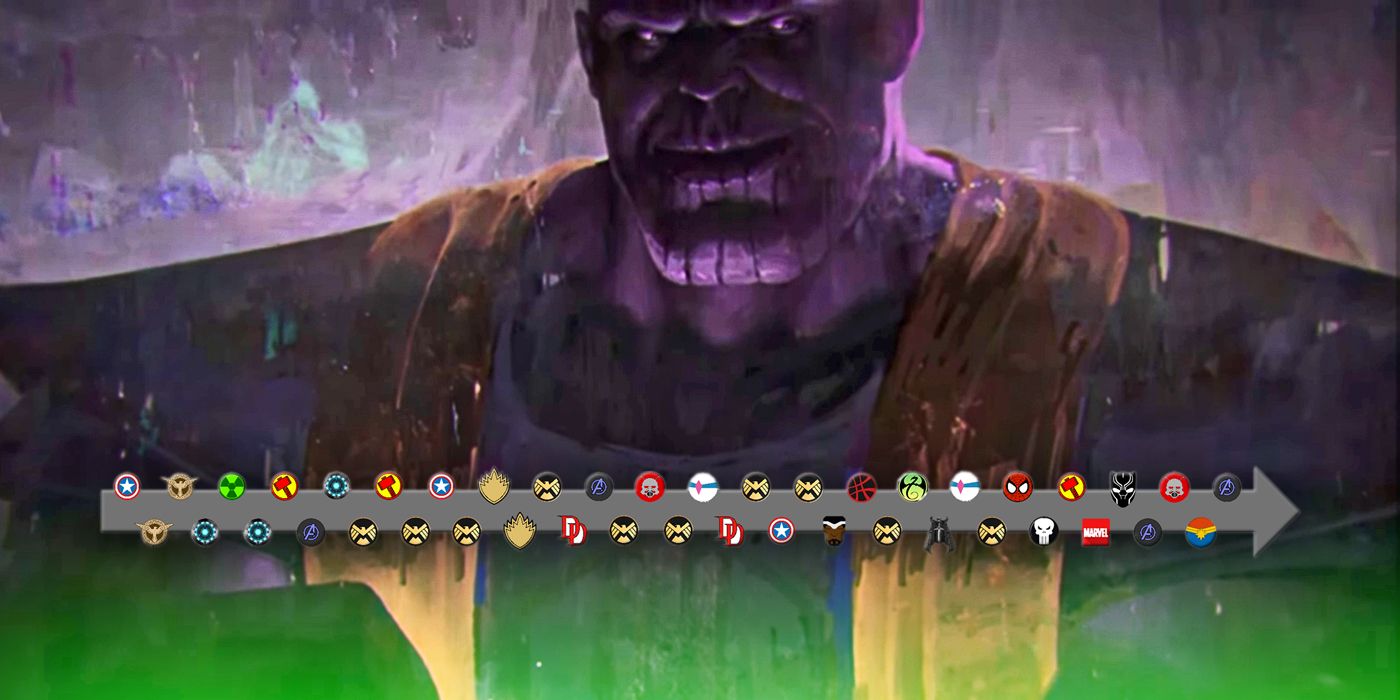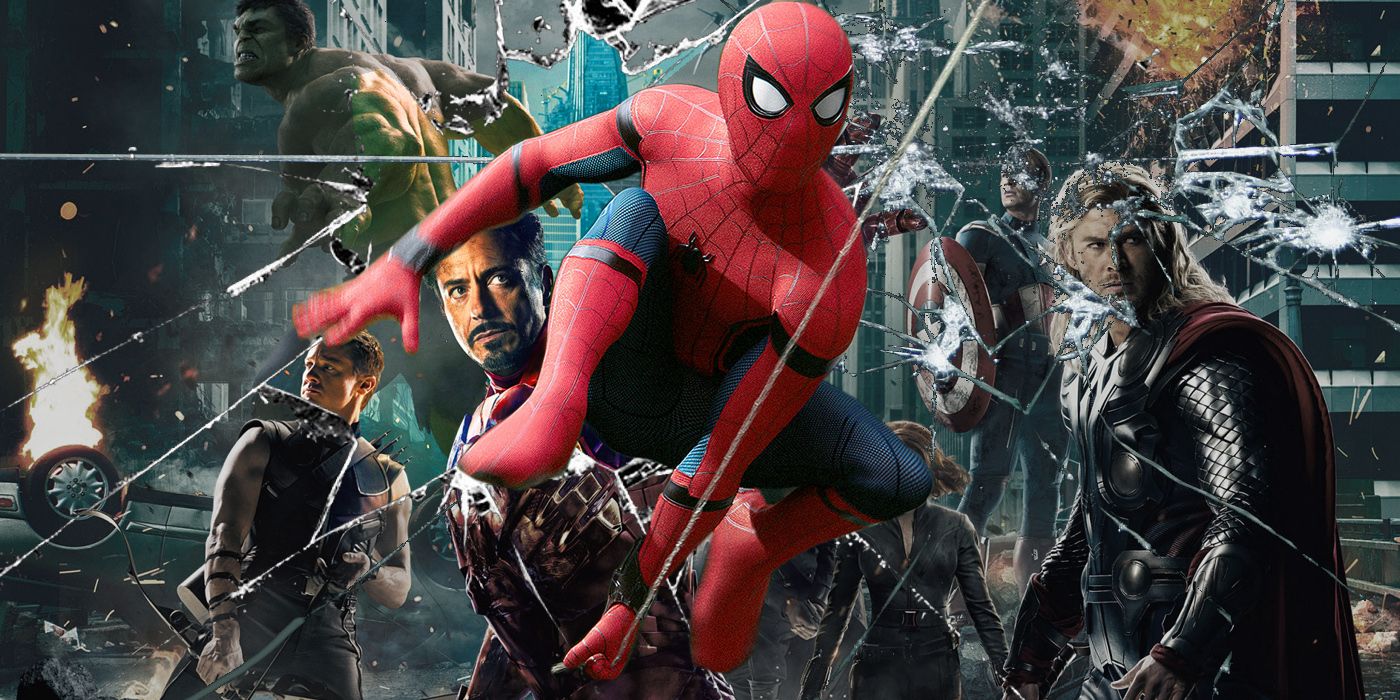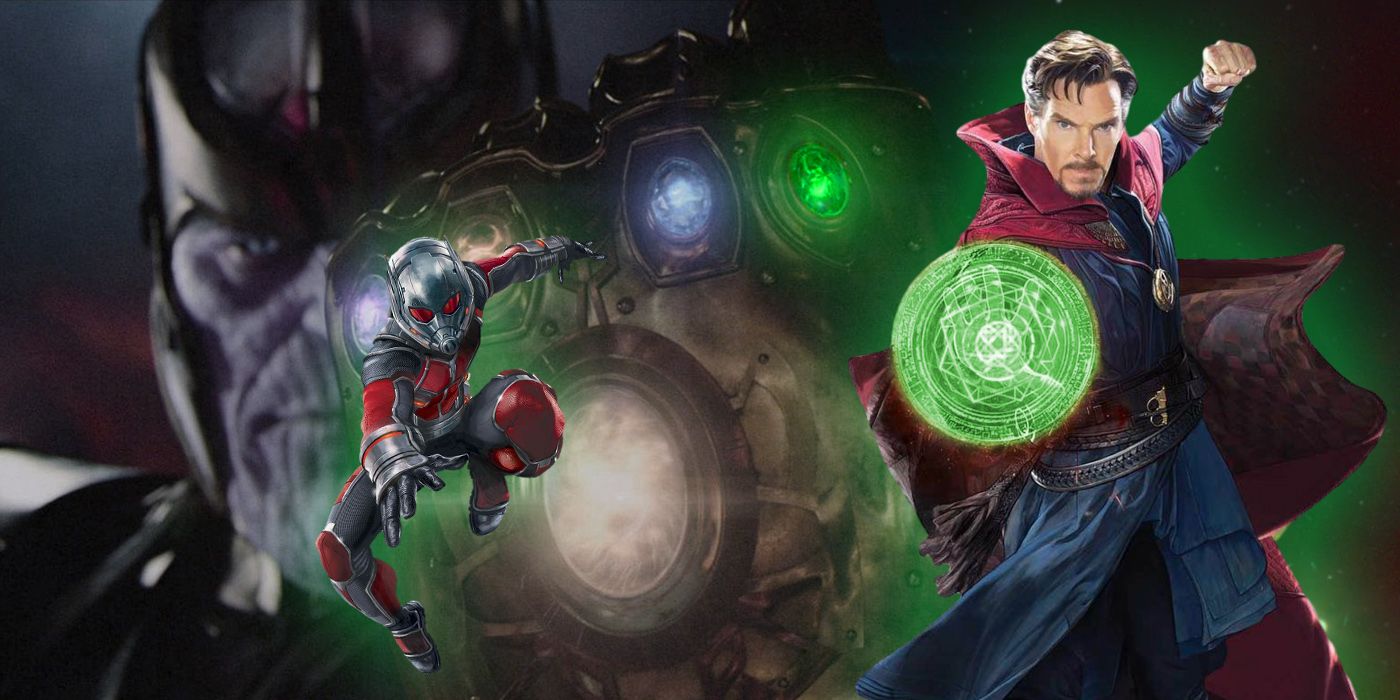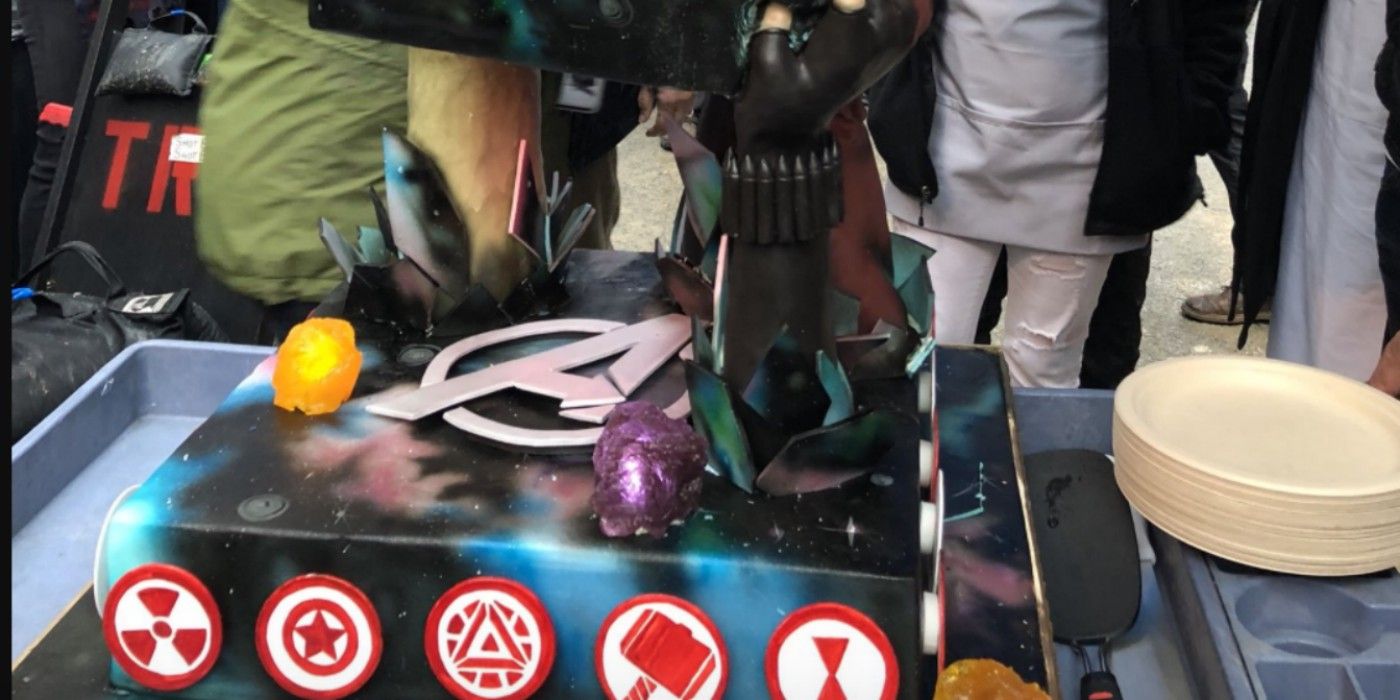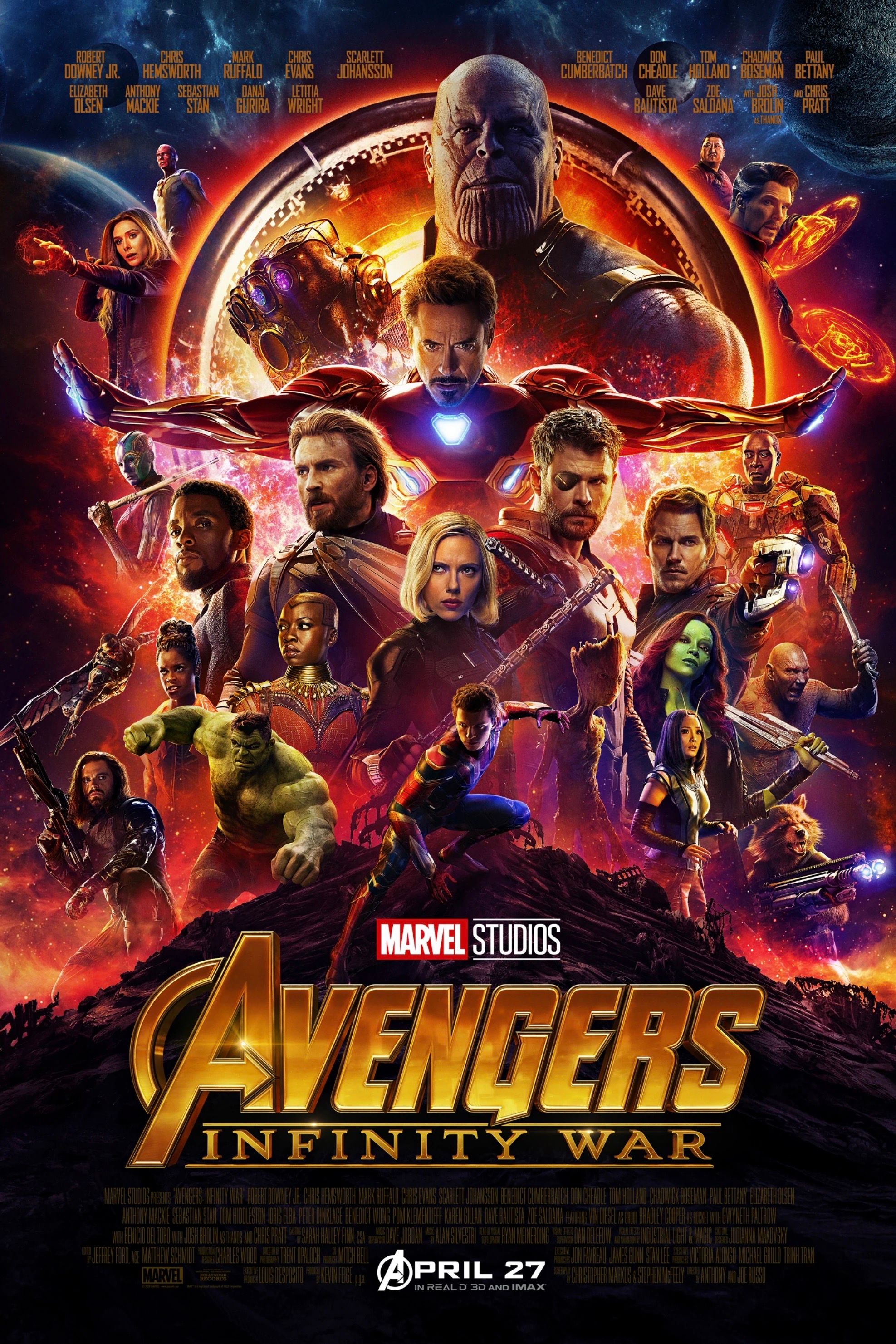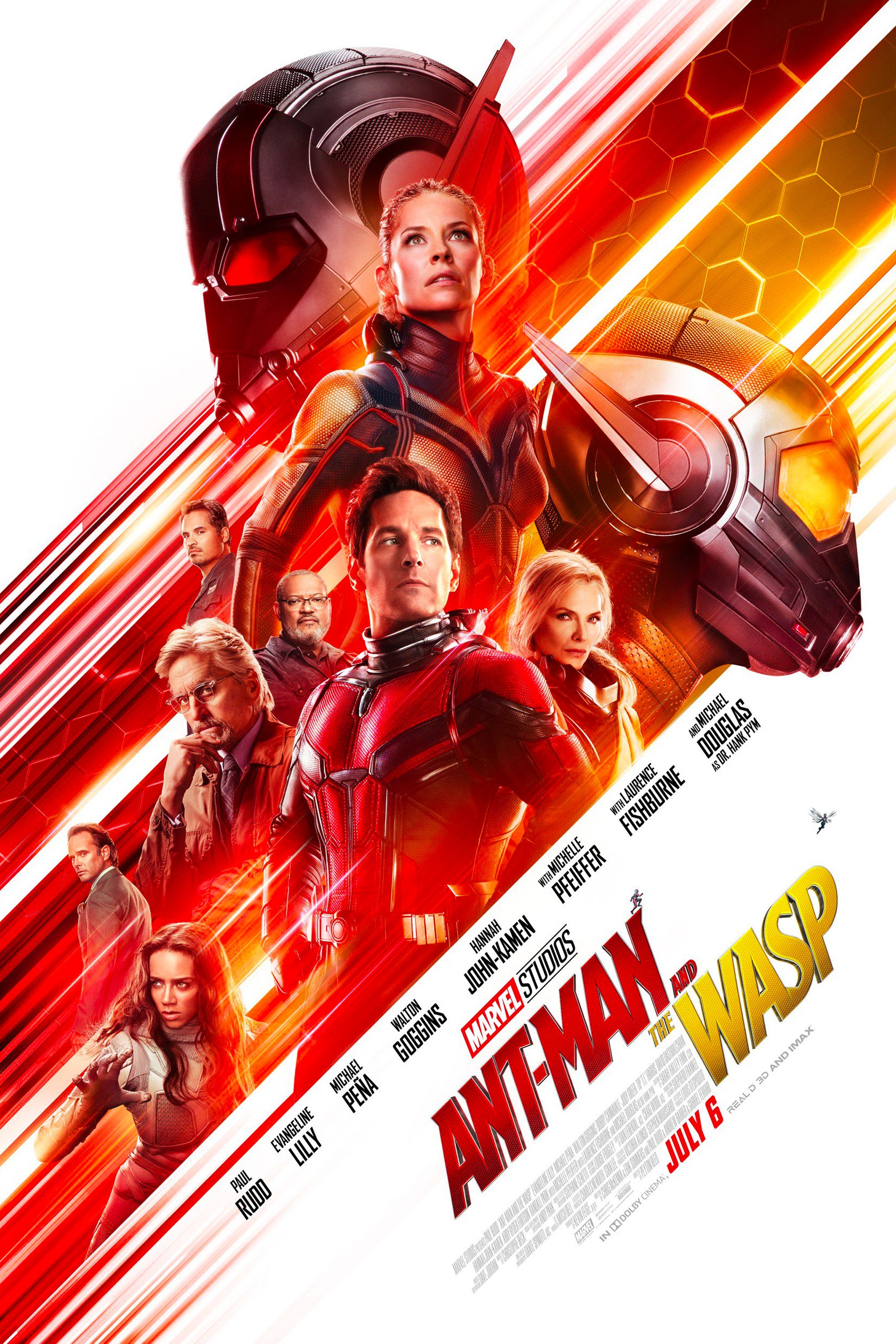Avengers 4 is going to be a massive movie in just about every sense of the word. It's being billed as the finale of the Marvel Cinematic Universe's unprecedented 22-movie arc and the expected cast will make Infinity War look moderate by comparison. That said, perhaps the most exciting thing is that it offers the MCU the chance to fix its myriad of timeline plot holes that have been created over the past ten years.
The continuity problem with the MCU is well known at this point. While early on the mantra was the "it's all connected", as we moved through Phases 2 and 3 and the series went from annual to three-a-year movies - meaning there are nearly a dozen projects on the go at any one time - cracks started to show and even big, hard-set facts began to slip. Add in TV shows across multiple networks and comic tie-ins, and the shared universe has begun to look rather scattershot.
Related: Marvel's Phase 3 Timeline Is Completely Out of Order
But Avengers 4 can fix it. The 22nd entry in the shared universe isn't just a celebration of what will then be eleven years at the top, it's the groundwork on which the next decade will be built. Yes, Avengers 4 may be a finale, but it really isn't the end - and everything known about the film points towards it directly coming into contact with these problems.
This Page: Marvel's Broken Continuity Explained
Just How Bad Are The MCU's Many Plot Holes?
Over the past couple of years, the most prominent forms of plot holes in the MCU been its repeated timeline mistakes. Famously, Spider-Man: Homecoming obliquely stated it was set eight years after the events of The Avengers despite it having been otherwise presumed to be a mere four, although this had been a problem since the start of Phase 3: Vision said Captain America: Civil War (set in the same year as Homecoming) was eight years after Iron Man (despite being set a couple of years before The Avengers); Doctor Strange presumably spans years yet doesn't connect up in any way; and Guardians of the Galaxy Vol. 2's brief, Earth-based sequence appeared to forget it was set in 2014 not 2017 and thus at the height of the Avengers activity.
But there are bigger plot holes that actually upset the narrative flow beyond simply numbers, especially in the early days when the story thrust was still being figured out: Tony Stark is deemed unfit for the Avengers in Iron Man 2 only to be working with S.H.I.E.L.D. in The Incredible Hulk, chronologically set later that same week; Thor dropped an Infinity Gauntlet Easter Egg that clashed with how the arc was later set up; Thanos gives Loki what is later revealed to be an Infinity Stone so he can get another Infinity Stone and take over Earth (not a full-on gulf but a logic gap for sure). Many of these have been retconned - Tony's Hulk cameo was explained in Marvel One-Shot "The Consultant" and Thor: Ragnarok brushed aside Odin's "fake" gauntlet - but the franchise is littered with inconsistencies, often a result of putting single movies in a bigger framework; Iron Man 3 destroying all of Stark's suits or Captain America: The Winter Soldier's Hydra twist are undermined by the time we get to Avengers: Age of Ultron. That's an inherent problem with shared universes, but doesn't excuse that the only way to make sense of it is to view the most recent movie as the ultimate ruling.
It's worth clarifying that none of these really hurt the bigger picture per se. Unanimously they're done to benefit the individual movie at hand (even Homecoming's flub can be explained as establishing the jaw-dropping villain twist), and at the end of the day that standalone experience is what's important. But when you have a series that is so renowned for connectivity, for the continuity to be riddled with mistakes is a bit problematic and works against what's being done overall.
Read More: The Reason Spider-Man: Homecoming Breaks The Timeline
That may feel like it'll become more of a problem as we enter the final stages of the project, with Avengers: Infinity War and its untitled sequel bringing together all corners of the universe in a ten-years-in-the-making epic. However, they may be just what we need.
Avengers 4 Is A Time Travel Film
Beyond the repeated promise of the end of an era, very little is actually known about Avengers 4. It's been alleged that the title and basic premise is a spoiler for the end of Infinity War (although that was recently refuted by Marvel mastermind Kevin Feige), and it's becoming clear this isn't just the "Infinity War Part 2" it was once known as. But what actually is it about?
Well, it's time travel. At least, that's what all the signs point towards. Set photos throughout production have shown characters revisiting old looks and locations, and not just in flashback mode; we've had Ant-Man pop up during the events of The Avengers and Tony Stark as a blonde-haired S.H.I.E.L.D. agent. Add to that what appears to be like time travel devices, word that the Quantum Realm will be essential in the two movies between Avengers: Infinity War and its sequel (Ant-Man & The Wasp and Captain Marvel), and the fact it's one surefire reason to keep detail as tight as possible, it makes an awful lot of sense.
All we can say besides is that it's a finale. Quite what that means is abstract - Spider-Man: Homecoming 2 comes out just a few months later, Guardians of the Galaxy Vol. 3 is releasing in 2020, and Black Widow has a script in development - but it will be rounding off the 22-movie arc nevertheless. That means we're expecting death, we're expecting new beginnings, and we're expecting consolidation. And you can probably figure out where we're going with this...
Avengers 4 Can Be A Reset Of The Timeline And Its Plot Holes
Unsurprisingly, Marvel has been keen to downplay any timeline issues. Before the Homecoming plot hole controversy, director Jon Watts said Marvel had a timeline scroll that outlined everything - from the creation of the universe (and the Infinity Stone singularities) through to any future machinations - and in the aftermath, Kevin Feige promised a full MCU timeline would be released to clear up any confusion. Both of these claims seem to be trying to rebuild the "it's all connected" mantra of the early Phase 1 efforts, but the many cited examples on the previous page work against that.
Read More: Is It Possible For Marvel To Fix Their Broken Timeline?
It's still possible that Marvel will release an official timeline - perhaps as part of the studio's 10 year anniversary celebrations - but the best we can rationally hope for is a best fit; either like many fan-made timelines one that honors the maximum date information while minimizing contradiction, or a retcon-heavy version where the newest movie is the authority. These are fine but in existing they admit there is no way to retroactively fix it all.
And they don't have to. If Avengers 4 has someone - possibly Ant-Man or Captain Marvel - jumping through time or dimensions in a bid to stop Thanos, then we're presumably going to get a different continuity spat out at the end of it (the set photos suggest we're going to get a variable, Back to the Future-style of time travel). Instead of going back in the real world and struggling to make sense of it, Marvel can simply reset, creating a new master timeline of prior events that is coherent from a 2019 standpoint and moving beyond it. How exactly? With so little information out there that'd be stepping into pure speculation territory, but what's important is that the basic building blocks are already there.
That may sound like a cop-out - they don't address any of the problems within the films' flow themselves rather simply paper over them - but practically it's the easiest solution and, most importantly, fits the studio's current forward-thinking ethos. As the likes of Black Panther and Thor: Ragnarok - films that vaguely slot into some masterplan but are predominantly standalone in story as much as tone - have shown, Marvel's much more concerned about good singular movies than a seamless fabric (indeed, those two examples both ignore what had come before). That's something that's grown in the past couple of years, primarily after the dispansion of the restrictive Creative Comittee in 2015, meaning so far it's been very much a course correction (explaining why the plot holes really begin in the movies after Kevin Feige shifted from Marvel to Disney oversight): Avengers 4 is a fresh start.
-
Quite what the MCU will look like in Phase 4 is unclear. We don't even know if the run of movies after Avengers 4 will even be called Phase 4. For all we know, all the hype of a finale, a culmination, an end to the arc could wind up being fan-focused hyperbole to hype up the death of one or two key heroes while everything else moves forward unaffected. However, if Marvel is doing a proper restart, this is the best chance they're ever going to get to actually fix up the confusion over what exactly they're going for. Avengers 4 is going to be much more important than just seeing Thanos defeated.
Next: Predicting The Next 20 MCU Movies After Avengers 4

